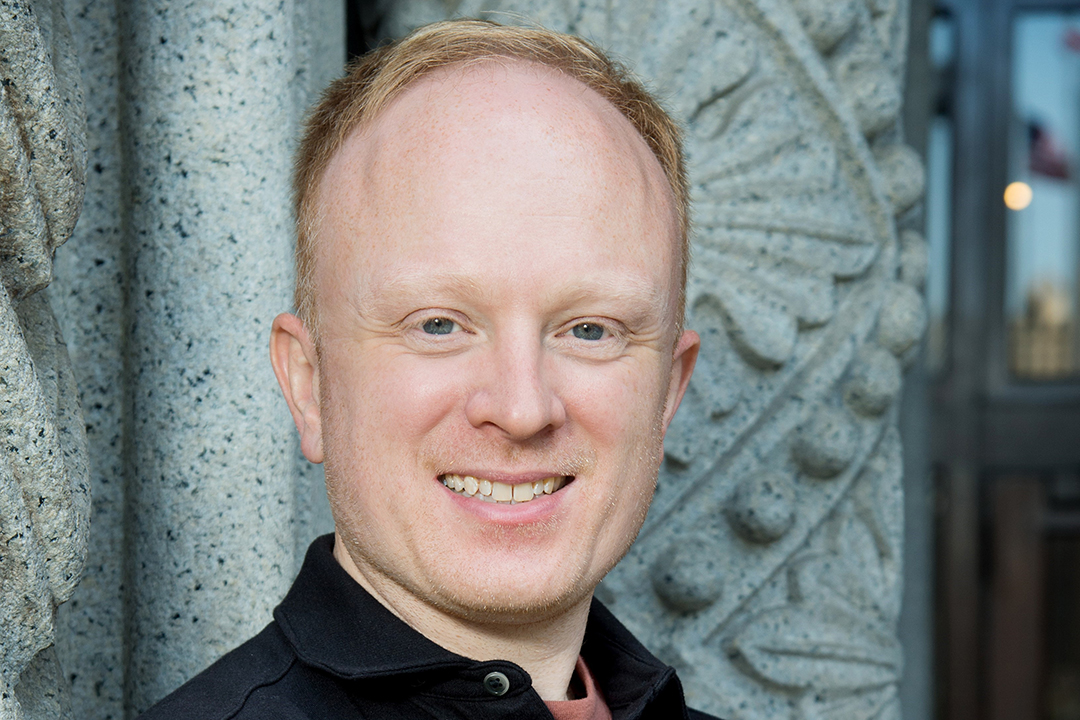Brendan Crowley, PhD, Principal Scientist at Merck
Next Generation Oxazolidinone Antibiotics for the Treatment of TuberculosisThe Department of Chemistry Presents: Dr. Brendan Crowley, PhD, Principal Scientist at Merck will present on behalf of the team Departments of Discovery Chemistry, Infectious Disease Biology, Pharmacokinetics
Pharmacodynamics & Drug Metabolism, and Non-clinical Drug Safety, Merck & Co. Inc., West Point, PA.
Linezolid has demonstrated excellent efficacy against tuberculosis (TB) in multiple clinical trials and is approved in combination with bedaquiline and pretomanid for the treatment of extensively drug resistant (XDR) TB. Its utility, however, is limited by its safety profile: significant AEs prevent its use against drug-susceptible TB, limit its dose below what would likely be maximally efficacious, and lead to reduced patient compliance, particularly in low and middle income countries (LMIC). These AEs are likely driven by inhibition of mitochondrial protein synthesis (MPS) and include anemia and various neuropathies. Additionally, due to its short human half-life (5 h), linezolid is typically dosed BID in gram positive indications. This dosing frequency is non-preferred for treatment of patients in LMIC and necessitates a dose of linezolid (1200 mg) that results in a high Cmax, exacerbating the low selectivity to MPS of the compound. In collaboration with National Institute of Allergy and Infectious Diseases (NIAID) and as part of the Tuberculosis Drug Accelerator (TBDA) funded by the Bill and Melinda Gates Foundation, we sought to invent an agent with markedly improved selectivity versus MPS and a QD profile with a low peak to trough ratio. Through the use of matched molecular pair analysis, conformational overlays, and QSAR models, sub-classes of molecules with good to excellent selectivity were invented. Ultimately, this work led to development candidate MK-7762, which possess good potency, excellent MPS and MAO selectivity and preclinical safety profiles, and favorable projected clinical QD doses. Importantly, MK-7762 has shown clear differentiation from linezolid in extended in vivo safety studies and will be explored as a potential anchor of next generation regimens to treat TB that are safer, simpler, and more effective.
BIO
Brendan Crowley received his PhD in organic chemistry from The Scripps Research Institute under the direction of Prof. Dale Boger where he worked on vancomycin-class antibiotics. Following postdoctoral research with Prof. Sam Danishefsky at Sloan-Kettering focused on alkaloid natural product total synthesis, Brendan began his industrial career in medicinal chemistry at Merck at the West Point site, where he has been for the last 13 years. There he has contributed to and led projects in neuroscience and infectious disease research with a focus on delivering therapeutics for pain (P2X3 RAs), migraine (CGRP RAs), and cognition (Alpha7 PAMs) as well as the discovery of antiviral (broad spectrum antiherpetics, Flu endonuclease inhibitors, others) and antibacterial agents (for TB and others). These teams have delivered multiple clinical candidates and two marketed drugs. He has also contributed to and led a variety of projects and initiatives in molecular imaging, synthetic methodology (transition metal catalysis), PK optimization strategies, chemical safety, intern and Ph.D. hiring and he is currently one of the Merck contributors to the Tuberculosis Drug Accelerator.


